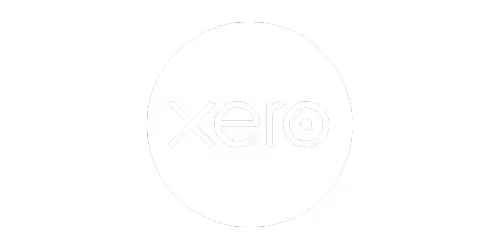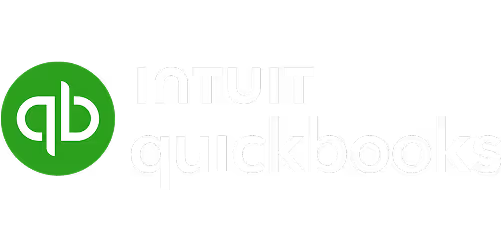Beyond risk management: Testing what works
Every organisation faces diverse risks, but successful leaders understand that implementing risk management measures is only the beginning. The real question isn’t whether you have controls in place—it’s whether those controls work when tested against real-world pressures and evolving threats.
Intuitive leadership recognises that risk management frameworks require continuous testing and improvement. Static controls become ineffective controls, and assumptions about system effectiveness can create dangerous blind spots that expose organisations to preventable losses.
What internal audit delivers
Internal audit provides an independent, objective evaluation of your risk management framework’s adequacy and effectiveness. Unlike compliance audits that check boxes, internal audit tests whether your systems protect your organisation under real operating conditions.
Experienced, certified internal auditors uncover errors, inconsistencies, and vulnerabilities in risk management approaches that internal reviews often miss due to familiarity bias or resource constraints.
Need to know if your risk management works? Contact UHY Haines Norton today to discuss how our internal audit services test your controls where it matters most—in real operating conditions.
Our risk-focused internal audit approach
Comprehensive Framework Review
We review your risk management framework and discuss targeted engagements that test both control systems and organisational behaviour, ensuring assessments address real-world operational realities rather than theoretical compliance.
Technology-Enhanced Efficiency
Online technology supplements on-site time requirements and reduces disruptions to your team whilst maintaining thorough assessment quality and comprehensive coverage of critical control areas.
Constructive Organisational Development
We recognise that internal audit isn’t about finding fault with individuals, but testing organisational control effectiveness. Our approach works constructively with your team, ensuring everyone benefits from the process through improved understanding and enhanced capabilities.
The transformation internal audit creates
Organisational Strengthening Across All Dimensions
Quality internal audit creates stronger organisations delivering tangible operational improvements:
- Enhanced Data Security: Systematic testing identifies vulnerabilities before they’re exploited, strengthening information protection and reducing cyber risk exposure.
- Reduced Fraud Risk: Control testing reveals weaknesses that could enable fraud, allowing preventive strengthening rather than reactive damage control.
- Operational Efficiency: Process evaluation identifies inefficiencies and redundancies that drain resources without adding protective value.
- Cost Reduction: Systematic improvement eliminates waste whilst strengthening protection, delivering better outcomes with optimised resource allocation.
Systematic improvement framework
Weakness Elimination
Identified control weaknesses are systematically strengthened through targeted improvement recommendations that address root causes rather than symptoms.
Error Prevention
Process testing eliminates recurring errors through improved system design and enhanced operational procedures that prevent problems rather than detect them after occurrence.
Opportunity Investigation
Internal audit often reveals improvement opportunities that extend beyond risk management to operational excellence and competitive advantage creation.
Internal audit as a strategic tool
Internal audit serves broader organisational development beyond compliance requirements. Regular testing creates learning organisations that continuously improve their capability to manage risks whilst pursuing opportunities effectively.
This continuous improvement approach transforms internal audit from a compliance exercise into a strategic advantage, enabling better decision-making through enhanced understanding of actual organisational capabilities and limitations.
The value of external perspective
Internal teams often develop blind spots about control effectiveness due to familiarity with existing processes and assumptions about system adequacy. An external internal audit brings a fresh perspective that identifies issues internal reviews miss.
This objectivity becomes particularly valuable when assessing behavioural aspects of risk management, where cultural factors and informal practices significantly affect control effectiveness regardless of formal policy requirements.
Building sustainable risk management
An effective internal audit creates sustainable improvement cycles where testing results inform enhanced controls, which are subsequently tested again to ensure improvement effectiveness. This creates organisational learning that strengthens risk management capability over time.
The investment in regular internal audit typically generates returns through prevented losses, improved efficiency, and enhanced stakeholder confidence that supports business development and growth opportunities.
Contact UHY Haines Norton to arrange a discussion about how our internal audit services can test and strengthen your risk management framework whilst supporting broader organisational development objectives.










